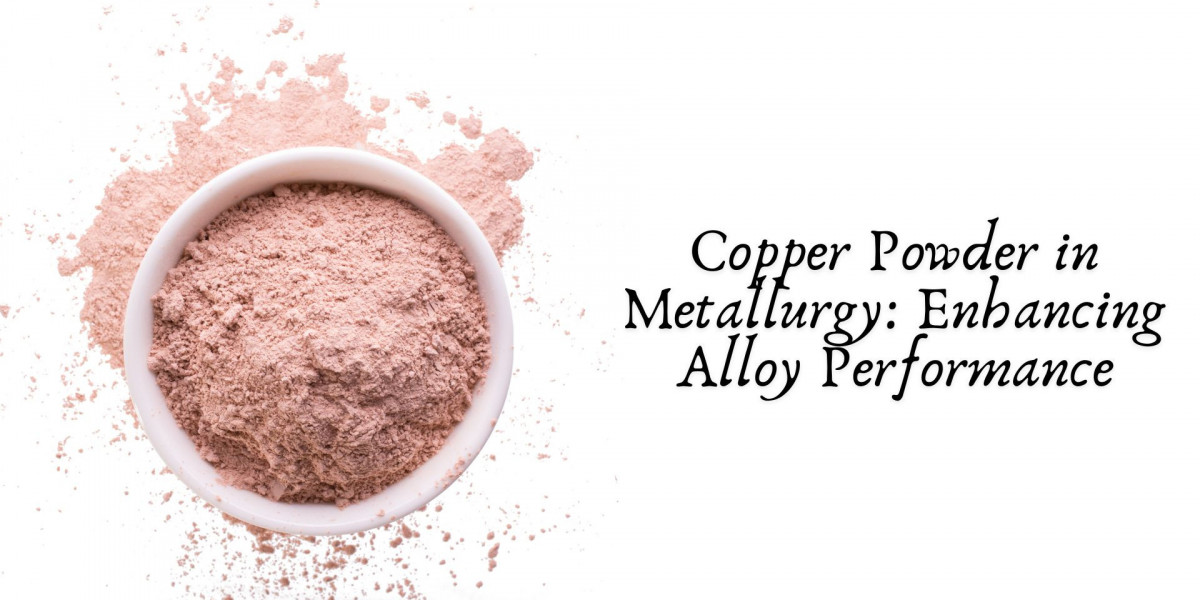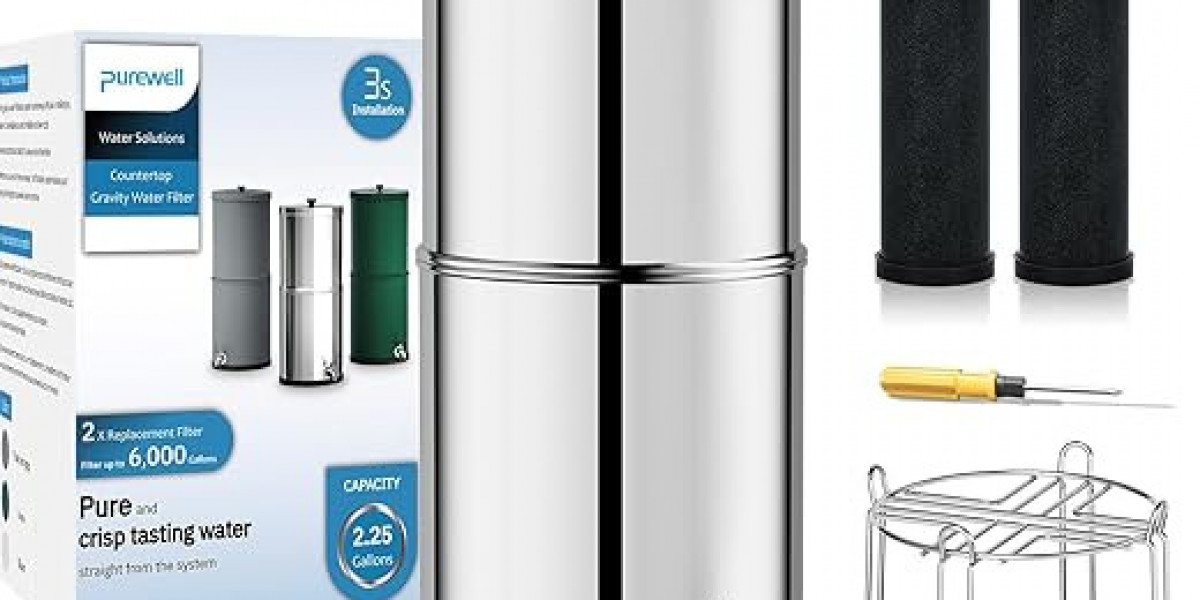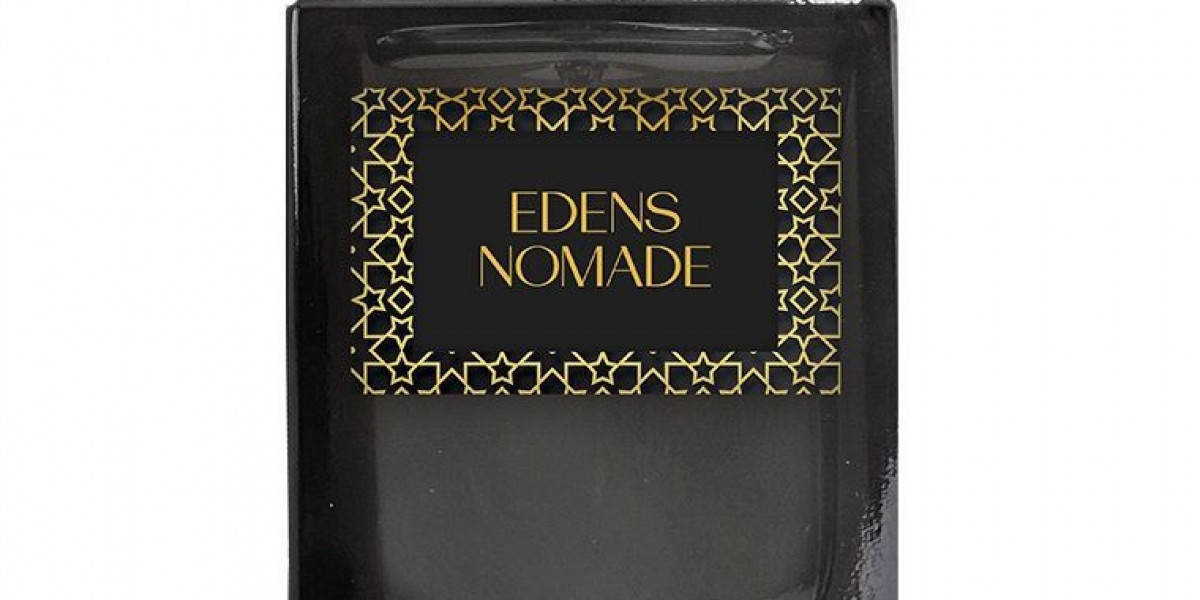Introduction
Copper has long been a cornerstone in metallurgy, valued for its excellent conductivity, corrosion resistance, and malleability. In powdered form, copper plays a crucial role in alloy production, allowing for improved mechanical properties and performance across various industrial applications. This article explores the impact of copper powder in metallurgy, its benefits, and how it enhances alloy performance.
Properties of Copper Powder
Copper powder is characterized by high thermal and electrical conductivity, excellent formability, and good corrosion resistance. These properties make it an ideal material for use in alloy production. Depending on its particle size, shape, and purity, copper powder can be tailored to specific metallurgical applications.
Key Properties:
High electrical and thermal conductivity – essential for electronic and heat-resistant applications.
Corrosion resistance – ideal for marine and chemical environments.
Malleability and ductility – allows for easy shaping and forming.
Good bonding characteristics – enhances alloy strength and durability.
Applications of Copper Powder in Metallurgy
Copper powder finds application in numerous metallurgical processes, enhancing the performance of various alloys. Some of the key applications include:
Bronze and Brass Production
Copper powder is widely used in the manufacture of bronze (copper-tin alloy) and brass (copper-zinc alloy). The addition of powdered copper ensures uniform distribution and improved mechanical properties in these alloys, making them ideal for bearings, gears, and decorative applications.
Sintered Metal Parts
Powder metallurgy techniques, such as sintering, benefit greatly from copper powder. It acts as a binding material, improving the strength and wear resistance of sintered components used in automotive, aerospace, and industrial machinery.
Electrical and Electronic Components
Copper powder enhances the conductivity of electrical components, making it an essential material in the production of electrical contacts, circuit boards, and connectors. Copper-based alloys ensure durability and superior electrical performance.
Thermal Management Solutions
Due to its excellent thermal conductivity, copper powder is incorporated into alloys for heat exchangers, radiators, and cooling systems. These applications benefit from copper's ability to dissipate heat efficiently.
Hardfacing and Coatings
Copper-based alloys are often used in hardfacing applications to enhance wear resistance. Copper powder contributes to the production of coatings that protect machinery parts from corrosion and abrasion.
Advantages of Using Copper Powder in Alloys
The use of copper powder in metallurgy provides several advantages:
Improved Alloy Homogeneity – Copper powder allows for a uniform distribution of elements, leading to consistent alloy properties.
Enhanced Mechanical Strength – Alloys incorporating copper powder exhibit better strength and wear resistance.
Cost-Effectiveness – Powdered copper reduces material wastage and improves manufacturing efficiency.
Better Thermal and Electrical Performance – Copper-based alloys benefit from superior heat and electrical conductivity.
Corrosion Resistance – Increases the longevity of components exposed to harsh environments.
Future Trends in Copper Powder Metallurgy
Advancements in powder metallurgy and materials science are opening new opportunities for copper powder applications. The demand for high-performance copper alloys in aerospace, renewable energy, and additive manufacturing is expected to grow. Emerging technologies, such as nanostructured copper powders, are also paving the way for stronger and more efficient materials.
Conclusion
Copper powder continues to be a valuable asset in metallurgy, significantly enhancing the performance of various alloys. Its unique properties contribute to improved mechanical strength, conductivity, and corrosion resistance in numerous applications. As technology advances, copper powder's role in metallurgy will expand, further optimizing alloy performance across multiple industries.










